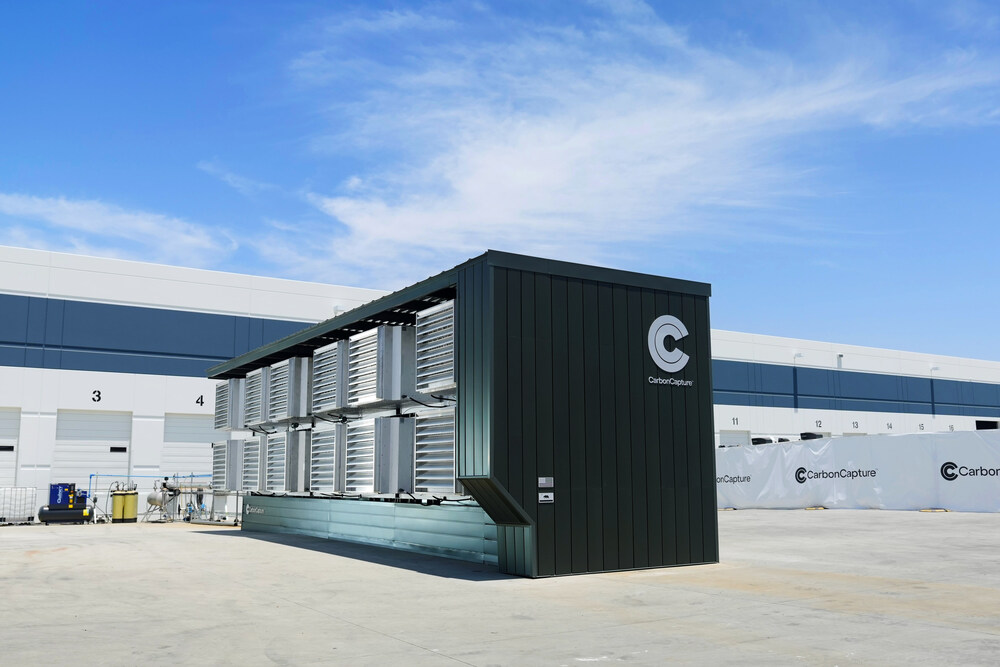CarbonCapture Inc. shifts strategy, plans DACPS project in Louisiana carbon removal hub

CarbonCapture Inc., a Los Angeles-based developer of direct air capture (DAC) systems, announced in February 2025 a major strategic pivot, moving away from its planned high-profile project in the western U.S. state of Wyoming and concentrating future efforts in the southeastern state of Louisiana.
The company had originally planned to build Project Bison in Wyoming, a facility intended to become the world’s largest DAC plant, capturing up to 5 million metric tons of carbon dioxide per year through solid sorbent technology. That design relied on renewable power to drive adsorption and desorption cycles that strip CO2 from ambient air. However, unprecedented competition for clean electricity— largely from the region’s booming data center industry—undermined the project’s feasibility.
"We were working with utilities in the area to build out transmission resources and develop PPAs (power purchase agreements) with clean energy developers, but could not develop a realistic plan to build out these resources given competing demands from other industrial customers, including data centers and the cryptocurrency industry. This will be a challenge across the United States for DAC developers," said CEO Adrian Corless in a written statement posted on CarbonCapture's website on August 30, 2024.
"We are one of the first DAC companies in the world to reach the project development phase. Many of the roadblocks we’ve faced are circumstantial and reflect challenges across the DAC ecosystem in the United States. Procuring clean energy is normally challenging, but we also are dealing with intense competition from data centers," Corless said.
But the company did not miss a beat pivoting to a new location for a large-scale DAC project, securing a federal contract for approximately $10 million to conduct a FEED study for a 200,000-ton DAC facility in Louisiana’s Calcasieu Parish. This project, announced February 25, 2025 in collaboration with the Department of Energy, is designed to advance DAC technology in the Gulf Coast region, with plans to pair CO2 capture with geological sequestration in deep saline formations.
The Louisiana initiative represents a cornerstone in CarbonCapture’s revised strategy. The hub will integrate renewable electricity with DAC modules engineered for scalability and efficient carbon removal, with the eventual goal of demonstrating large-scale capture.
While suspending Project Bison marks a significant shift, the company remains committed to demonstrating that atmospheric carbon removal can be scaled rapidly and responsibly. By concentrating development in regions with accessible renewable energy supplies and federal backing, CarbonCapture aims to help close the gap between climate targets and practical carbon management infrastructure.